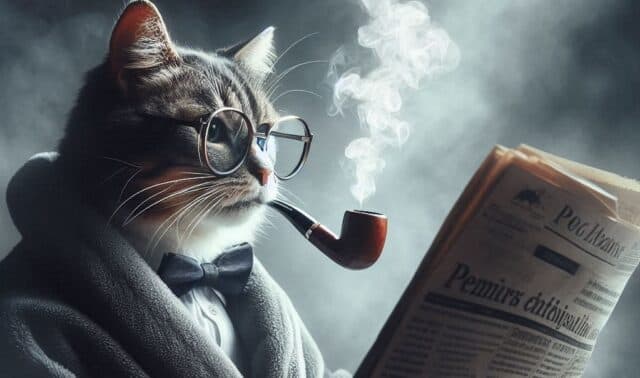US Copyright Office: AI Art Needs Human Control for Copyright Protection

Copyright Office Declares Existing Laws Sufficient for AI Authorship
The US Copyright Office has issued new guidance stating that current laws are adequate to address copyrightability issues related to AI-assisted works, negating the need for legislative changes. This decision comes after extensive public comment, with over 10,000 submissions, many advocating for stronger protections for human artists in the face of advancing AI technologies.
Historical Context: The 1965 Precedent
The Copyright Office referenced a 1965 report that addressed similar "difficult questions of authorship" arising from the rapid advancement of commercial computer technology. At that time, the Register of Copyrights, Abraham Kaminstein, suggested that there was no universal solution to copyrighting computer-assisted human authorship, a stance the office maintains today.
Key Rulings and Clarifications:
- AI-Generated Works: Content entirely generated by AI cannot be protected by copyright due to "insufficient human control over the expressive elements."
- AI-Assisted Works: When AI merely assists a human author in the creative process, its use does not alter the copyrightability of the output. The human's contributions that qualify as authorship are copyrightable.
- Case-by-Case Evaluation: The office will continue to review AI disclosures on a case-by-case basis, assessing the human and AI contributions to a work.
Prompting and Authorship:
The Copyright Office concluded that "prompts alone do not provide sufficient control" over AI outputs to grant copyright protection to purely AI-generated works, even with highly detailed or creative prompting. This is because prompts are seen as instructions conveying unprotectable ideas, and current AI technologies do not guarantee consistent or fully controlled outputs based on prompts alone.
However, the guidance acknowledges that this could change if AI technologies evolve to offer greater human control over outputs, such as when users input their own copyrightable work (e.g., a drawing or text) and prompt AI to modify it. In such cases, the human input is considered copyrightable.
Copyright Office's Testing:
To illustrate its point about control, the Copyright Office conducted tests, including using a detailed prompt about a cat reading a newspaper, to compare outputs from the same AI image generator. This testing aimed to assess the level of human control over the AI's output.
Industry and Artist Reactions:
- AI Companies: Companies like Hugging Face believe that changes to copyright law are unnecessary for AI innovation, as copyright protection is not the primary driver for generative AI development. They emphasize that AI should support, not replace, artists, and the value of creative work should remain tied to human contribution.
- Artists: Some artists, particularly those who advocate for prompting alone to constitute authorship, may be disappointed. They argue that rigorous prompting is a form of authorship and that being denied copyright can lead to their work being used without permission or compensation.
- Concerns about Market Saturation: The Copyright Office also considered comments warning that a flood of easily generated, copyrightable AI works could overwhelm human-authored content, potentially hindering artistic progress and making it harder to find valuable creative works.
Future Outlook:
The guidance offers clarity for stakeholders awaiting decisions on AI and copyright. While a case-by-case approach might leave some artists uncertain, the process is expected to become more streamlined as common cases are resolved. The Copyright Office's next report will focus on the legal implications of training AI models on copyrighted works, including licensing and liability.
Conclusion:
The Copyright Office's stance reinforces that human creativity and control are paramount for copyright protection in the age of AI. While AI can be a powerful tool for artists, the ultimate authorship and copyrightability of a work hinge on the significant, controllable human contribution to its expressive elements.
Original article available at: https://arstechnica.com/tech-policy/2025/01/copyright-office-suggests-ai-copyright-debate-was-settled-in-1965/